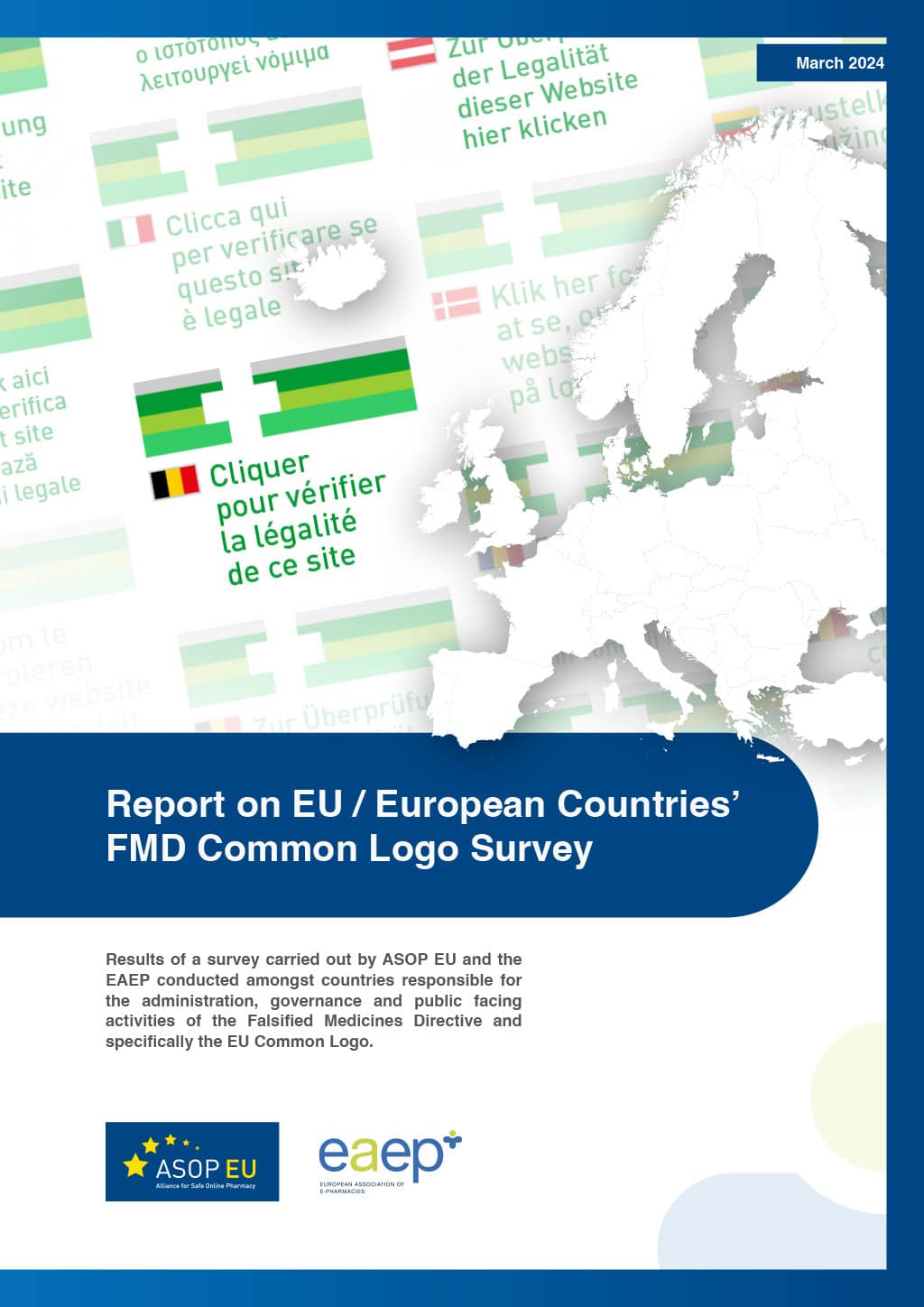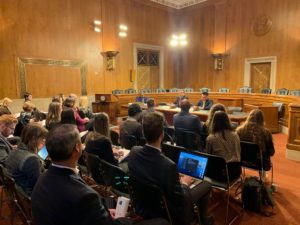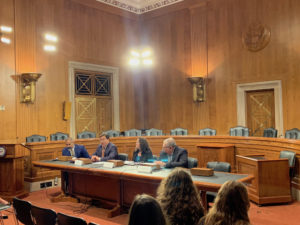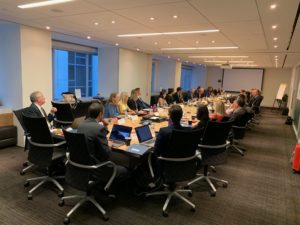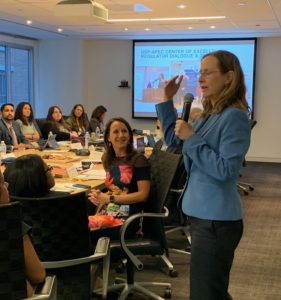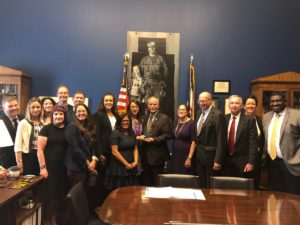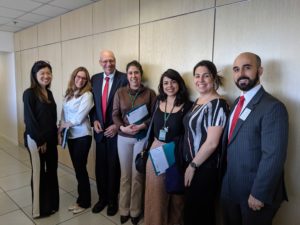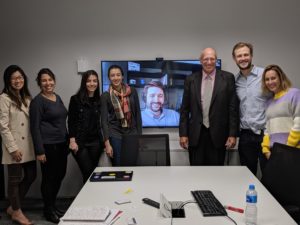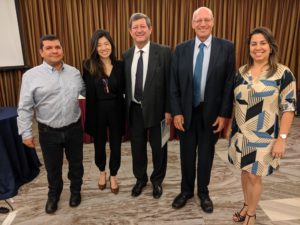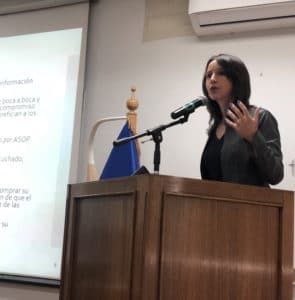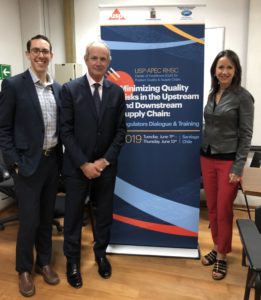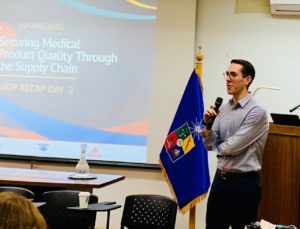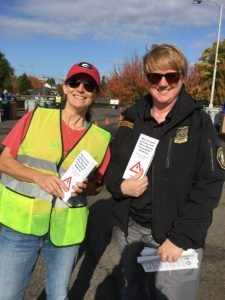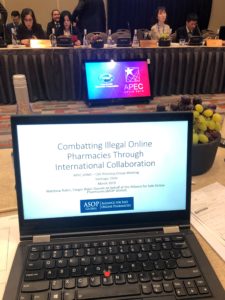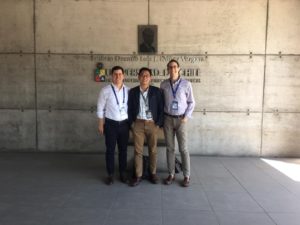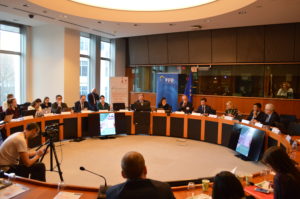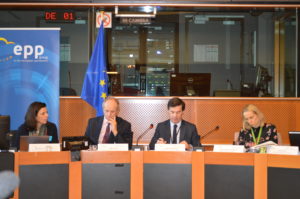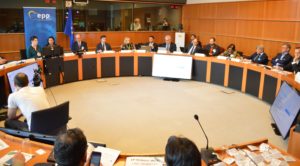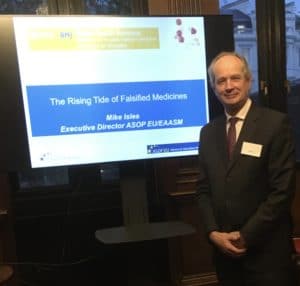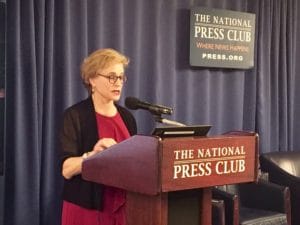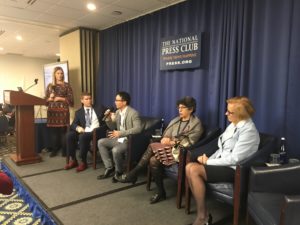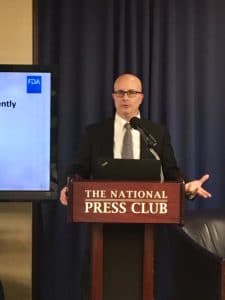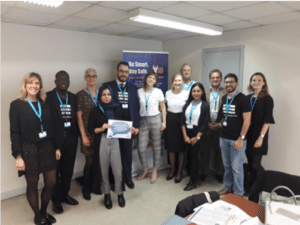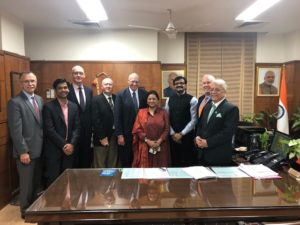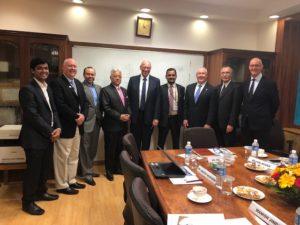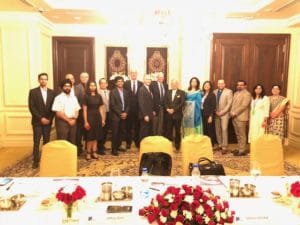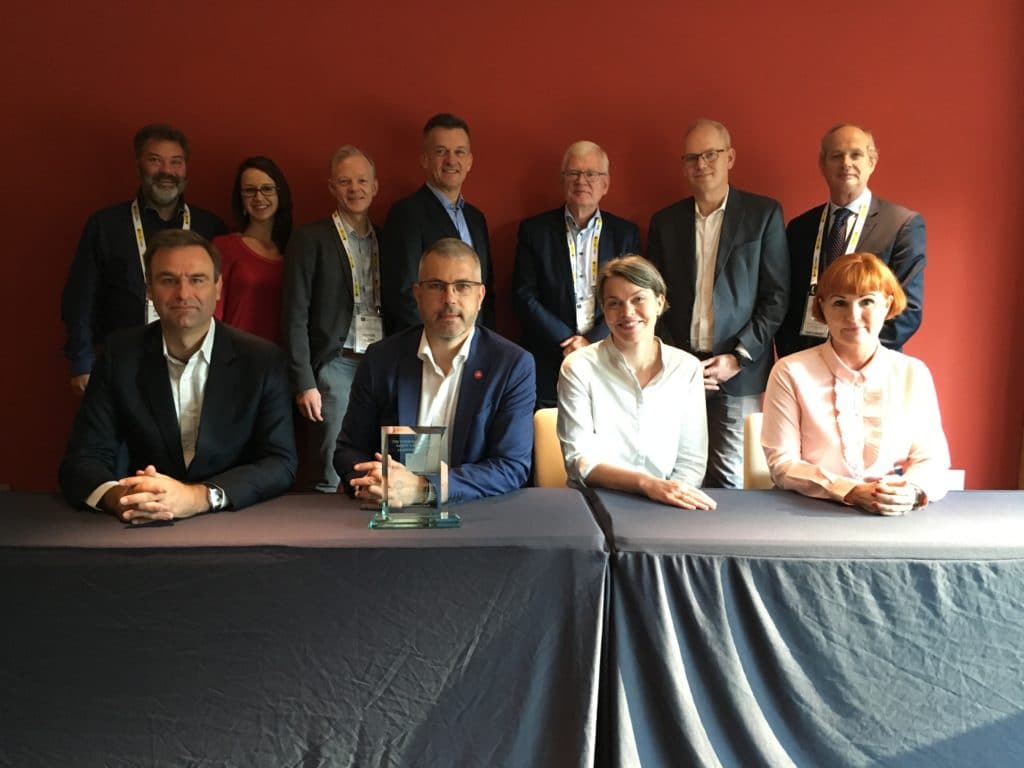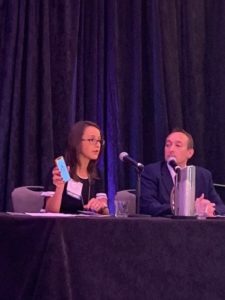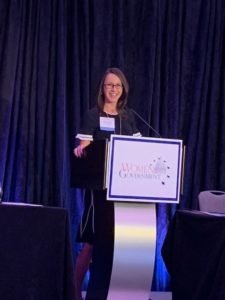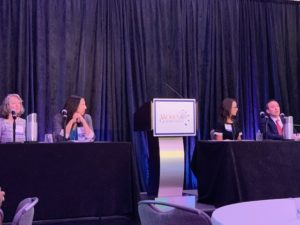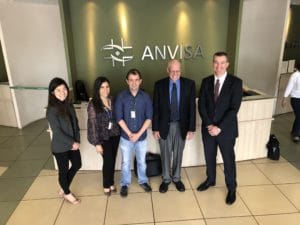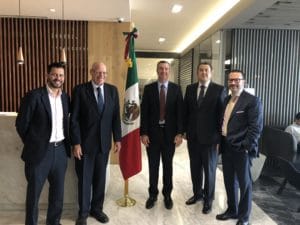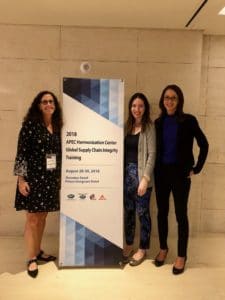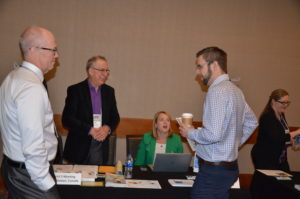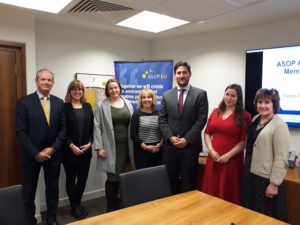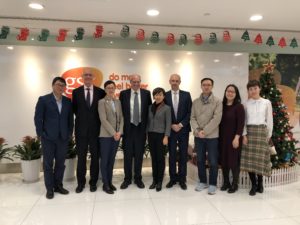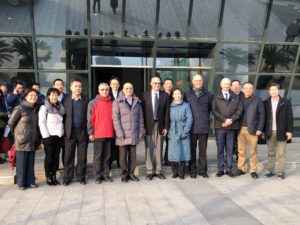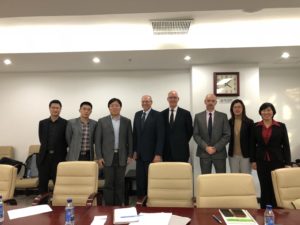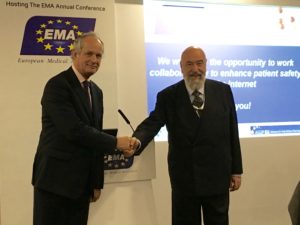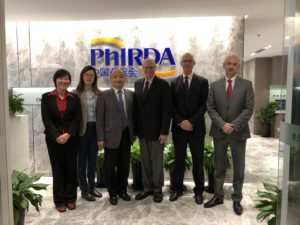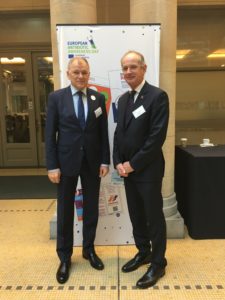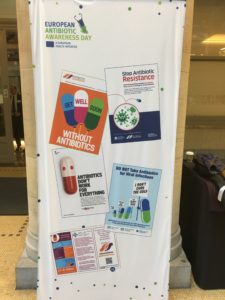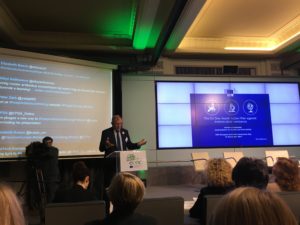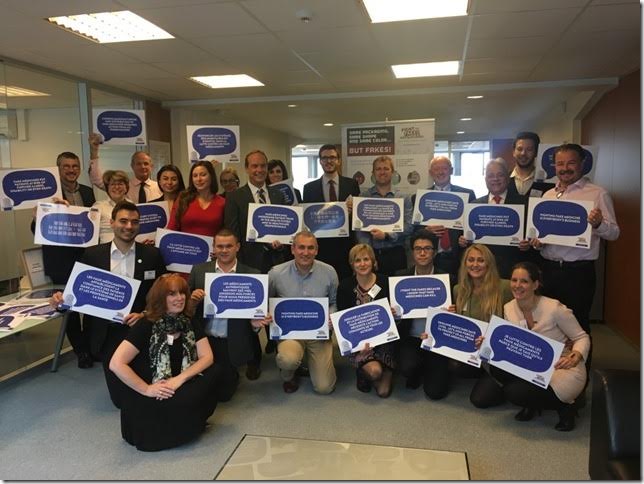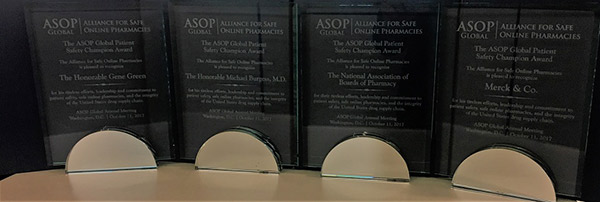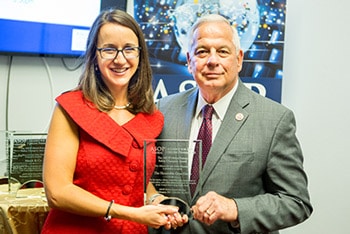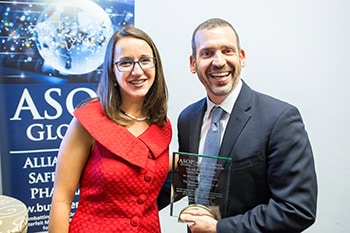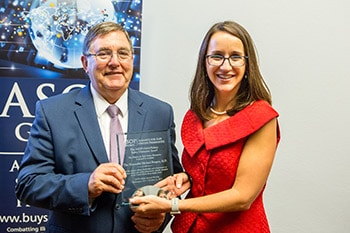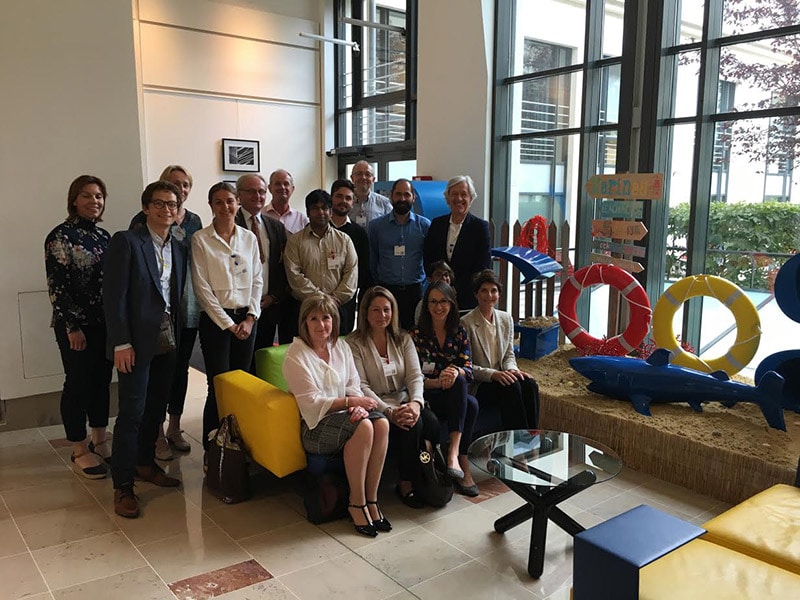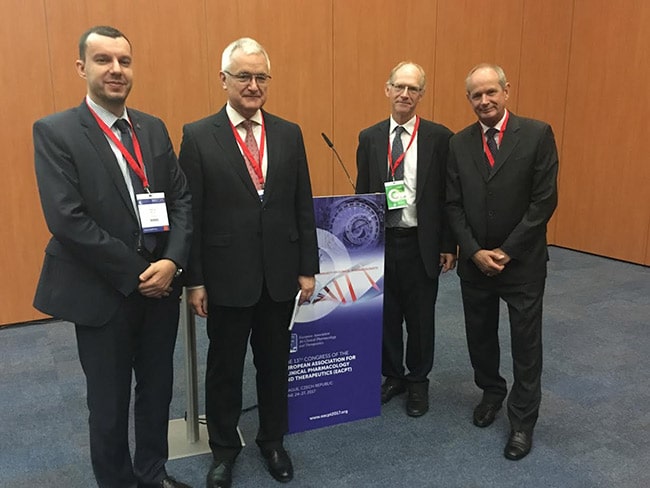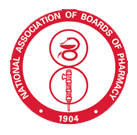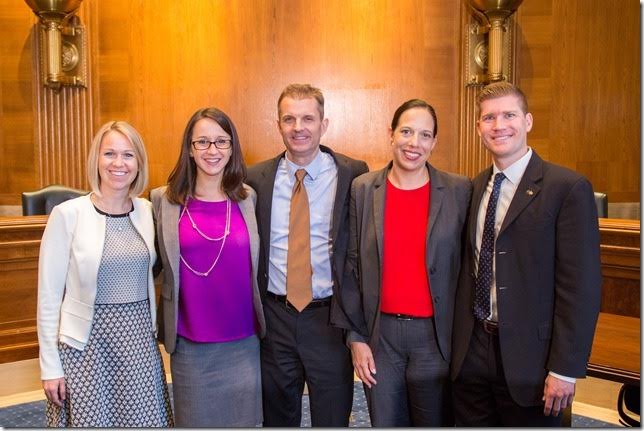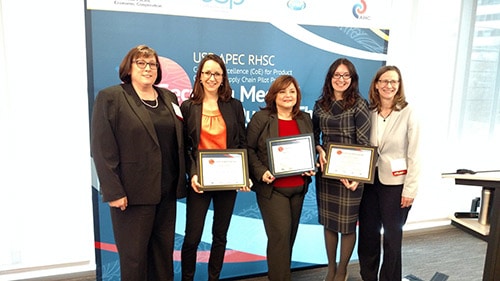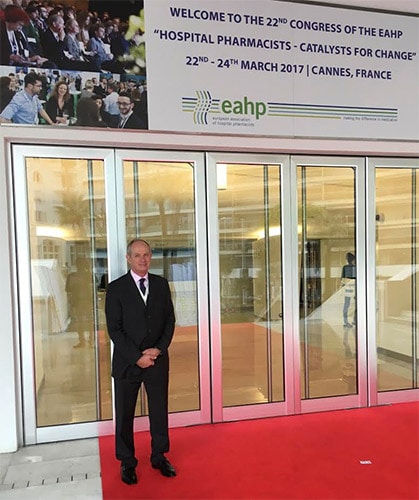On 26 June 2018, EU policymakers and stakeholders met in the European Parliament to raise awareness on Internet sales of medicines and help enhance patient safety. The event, titled “How safe are your medicines? Raising public awareness is critical to Internet patient safety”, was jointly organised by the Alliance for Safe Online Pharmacy in the EU (ASOP EU) and MEP José Inácio Faria (EPP, Portugal).
As shown in a recent ASOP EU research study, up to 65% of people going online to buy a medicine do so without prior knowledge of the fact that 96% of websites selling medicines are operating illegally. This market is a global one with the Internet allowing a rapid and seamless buying of a medicine. Education is a key success factor in solving this patient safety problem, emphasised Professor Mario Frota, President of the Associação Portuguesa de Direito do Consumo – the Portuguese Association of Consumer Law (APDC) said “We are far from a situation where consumers are adequately informed, and therefore, comprehensive information campaigns are necessary as ignorance is the biggest threat to public health.”
“The Falsified Medicines Directive (FMD) is an important instrument to protect European citizens from falsified medicines; it covers a range of measures aimed at preventing falsified medicines entering the supply chain, including obligatory safety features on the packs, improved inspections and better controls of intermediate steps in the supply chain. In addition, the FMD requires that any website selling a medicine must be registered and display a Common EU-wide Logo. This is a very positive step but at the same time the public needs to know about the Common Logo’s purpose and be informed about the risks of buying medicines online from illegal sources”, stated Ms Ilaria Passarani, Secretary General of the Pharmaceutical Group of the European Union (PGEU).
Article 85C and 85D of the FMD legally obliges the European Commission and each Member State to actively publicise the meaning of the Common Logo and that of a falsified medicine. The meeting was designed to focus on this fact and to find how Member States and the Commission should address this. At this moment, these articles are being implemented with variable consistency across Europe, as MEP Faria pointed out in his initial remarks.
There are up to 35,000 illegally operating websites that target consumers and patients across Europe. Fake medicines may have too much, too little or a different active ingredient, may contain poisons, paint thinners and other potential harmful or deadly ingredients. They can also be made in unsanitary or non-sterile environments with unsafe conditions.
MEP Marisa Matias (GUE/NGL, Portugal), rapporteur of the Falsified Medicines Directive, gave her full support to the issue of the safe distribution of medicines and highlighted how cooperation between different parliamentary groups has been critical to put in place the FMD and thus enhance the security around the traditional routes of medicines supply. MEP Matias also stressed the need to exert further pressure and act more forcefully to make people and all authorities more committed and sensitive to the problem of falsified medicines.
Mr Paulo Morais, President of Frente Civica, pointed out that Portugal ranks highly among EU Member States for counterfeit goods and therefore greater transparency needs to be applied and involve all stakeholders. This along with public facing campaigns and capacity building will be critical success factors in solving this worldwide problem.
The debate was also enriched by the contribution of Mr Tamás Király, Policy Officer for international aspects of intellectual property rights at the Directorate General for Trade of the Commission, who outlined the main elements of a new Watch List initiative, aimed to identify the marketplaces outside the EU where counterfeiting, piracy or other forms of intellectual property abuse are common practice. Its main priority is to protect EU business and consumers (including the fight against online sales of counterfeit/falsified medicines which cause patient harm) and also aims to urge Internet companies (including all Intermediaries such as registries, registrars, Internet Service Providers, search engines and platforms, etc.) to address this criminal activity.
Yuliya Morenets, Executive Director of Together against Cybercrime International (TaC), explained how a new initiative designed to educate the youth of today about falsified medicines was being developed. ASOP EU having signed an MoU with TaC will work together to achieve this.
Delivering training and capacity building to young people and engaging with them to promote their active participation will mean that young people who are active on the Internet can learn about online patient safety and disseminate this through their social media networks.
In conclusion, Mike Isles, ASOP EU Director, said that “We applaud our partners’ commitment to raising awareness about the dangers of buying medicines online. However, much more needs to be done and more activity by the Commission and Member States with their own campaigns is needed to build on the many initiatives across the EU to combat this growing threat to public health”.
It is therefore decisive to develop an integrated, comprehensive approach and strengthen coordination with EU and national competent authorities to spread the problem and share best practices, ensuring citizens the safety of care they deserve.
Programme
Speakers List
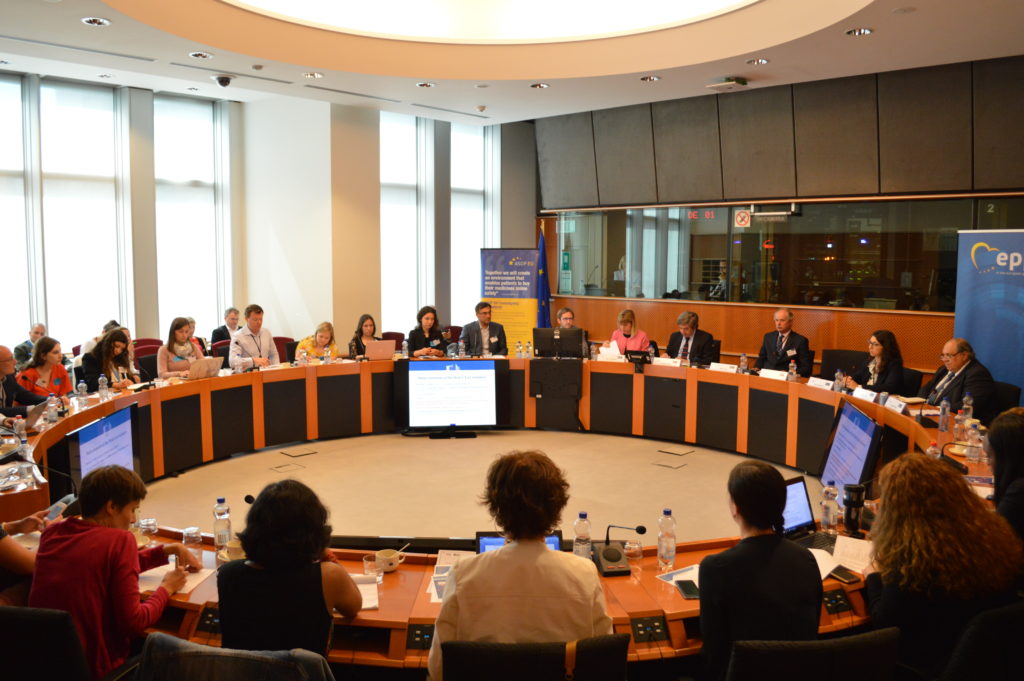
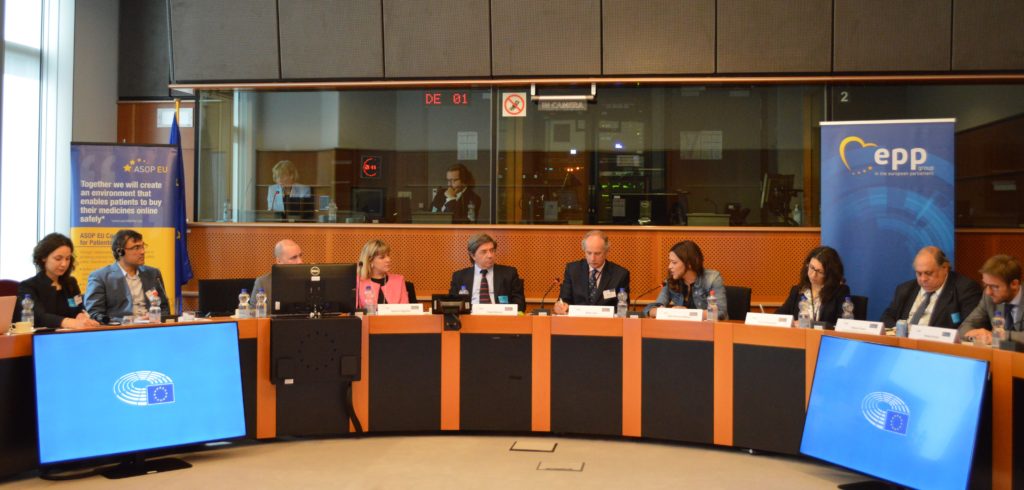
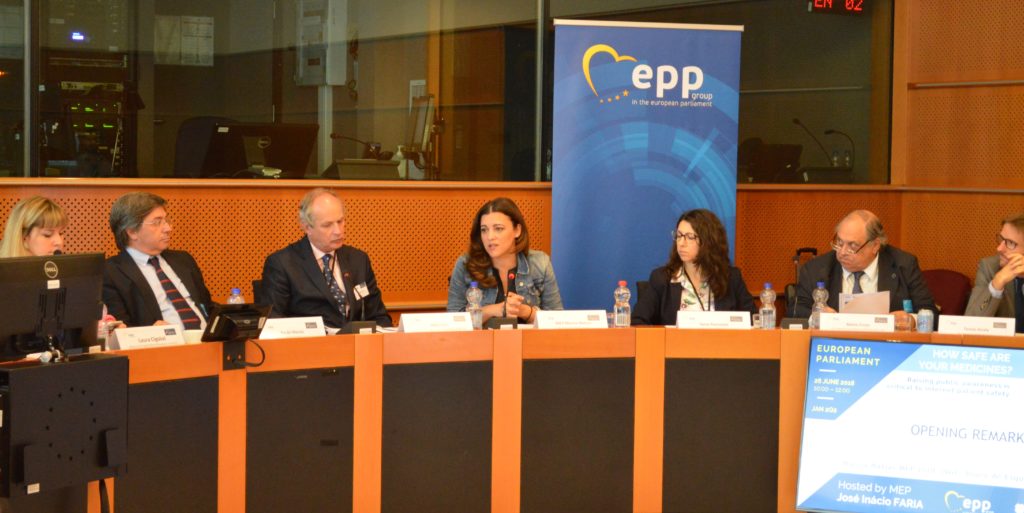
Read Less



